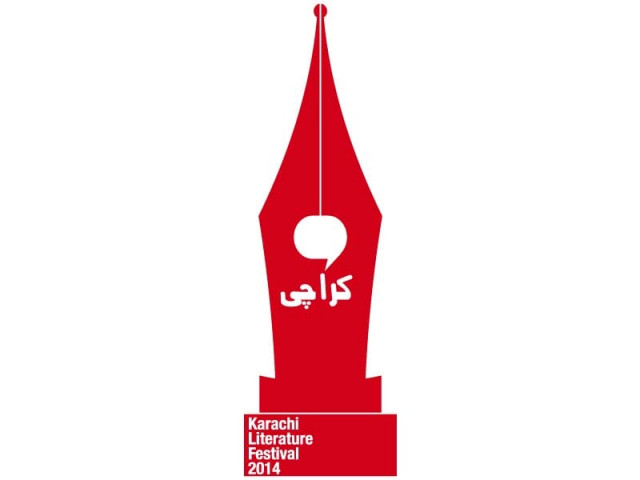Finding the ‘right’ words, war, and genres of writing
Rukshsana Ahmed talks about ‘Memory and the Imagination’.

Asma laments that those who call themselves modern and progressive
lack consensus.
Short stories, plays, adapted radio, and translation are the four genres of writing Rukhsana Ahmed has delved in, one learns on the first day of the fifth Karachi Literature Festival.
“You have to learn the trick of the trade with each of these,” she says when asked if writing comes as easy as one would assume it does. The only written work that came to Ahmed relatively quickly is that of her latest novel “The Gatekeeper’s Wife”, from which Ahmed also read an excerpt of in the session on ‘Memory and the Imagination’. Due to limited time, however, the reading was cut short.
The session, moderated by none other than writer Muneeza Shamsie took many turns and touched on different topics. War was one of those topics to which Ahmed stated: “I describe myself as a pacifist - you recognise the injustice and the foolishness of war. I don’t like war, I’m anti-war.” On writing about sensitive topics, Ahmed is careful, or at least hopeful, in not sending mixed or negative messages. “You have a hope you’re not writing propaganda.”
Ahmed loves the process of translation and spoke of how one has to be careful not to change the message of the writer. “Your moral obligation is to the writer,” she says. However, Ahmed also stated that the interpretation of another writer’s work can differ from writer to translator. “It’s very hard to be nuanced when you’re translating because every language has an experience of life embedded in it.”

The return to fiction writing after translation was sporadic for Ahmed and came about during the time she was writing plays. Her play ‘Sepoy Salt, Captain’s Malt’ revolves around the census reports of soldiers during the first World War wherein Ahmed and the group of actors involved in the play had the opportunity to read the letters and thereby get a first-hand account of the feelings of the soldiers. After reading the letters, the group did an improvisation of the play and then Ahmed wrote it. She enjoys the play-writing process as she enjoys collaboration, the same applies for her experiences with radio. “They were comforting like that.”
During this process, Ahmed was writing fiction too. “Writing can be a very arduous process. In fiction you can have real problems. You can find that words taint, that there is no equivalent. Sometimes you think a word is a right word when you’re in the mood. Sometimes the right word comes to you after the work has been sent for publishing. That can be quite horrible,” she says with a laugh.
Published in The Express Tribune, February 8th, 2014.



















COMMENTS
Comments are moderated and generally will be posted if they are on-topic and not abusive.
For more information, please see our Comments FAQ